Estimated Read Time: 7 Minutes
Pay-Per-Click (PPC), Local and Organic SEO
There are three main types of search engine marketing (SEM) – all aimed at helping you earn greater visibility in search results.
(1) Pay-Per-Click (PPC) or Sponsored Search Results;
(2) Local SEO; and
(3) Organic SEO.
The main differences between the three are:
(1) what prompts your business or content display in search results;
(2) how quickly you can start showing up in search results; and
(3) the dominant factors that influence your ability to achieve a page 1 ranking.
A detailed, side-by-side comparison of the different types of search engine marketing is shown below.
Types of Search Engine Marketing (SEM)
| PPC | Local | Organic | |
| Definition | Google AdWords or Pay-Per-Click is Google’s form of online advertising. Advertisers bid on “trigger” words and phrases which prompt their ads to display in sponsored search results. Advertisers pay a fee every time someone clicks on one of their ads. | Local SEO is a type of search engine optimization (SEO) that focuses on getting your business listing to show up in Google map results. There is no charge for clicks. | Organic SEO is a search engine optimization process that results in your website content gaining increased visibility in unpaid, non-local results. There is no charge for clicks through to your site. |
| Display | Advertisements appear at the top and/or bottom of a search results page. Google labels paid search results as “sponsored” or an “Ad”. | Local search results appear roughly in the middle of the search engine results page (SERP) and stand out because of the presence of a map. | Organic search results appear roughly in the middle of the SERPs, often sandwiched between paid search results and below local (if local results are displayed). Organic search results display as traditional “10 blue links” or non-traditional SERP features like rich or featured snippets, universal results, and knowledge graphs. |
| Trigger | Ads are configured to display for predefined search queries and dollar amounts. | For a business to display in local search results, the search query must indicate local intent by including a local business category like “gas station”, “restaurant” or “dog walker”. | Every search query triggers a set of organic search results. |
| Timing | As soon as ads are configured, scheduled and budgeted, they will start showing up in search results. | You can expect to begin seeing your business show up in local search results in 1-8 Months (depending on your starting point, budget, and how much competition there is). | You can expect to begin seeing your content display in organic search results in 4-6 Months (depending on your starting point, budget, and how much competition there is). |
| Major Influencing Factors | Google’s Quality Score is “Google’s rating of the quality and relevance of both your keywords and PPC ads. It is used to determine your cost per click (CPC) and multiplied by your maximum bid to determine your ad rank in the ad auction process.” | Your positioning in local search results is largely influenced by:
(1) your Google My Business (GMB) listing must be verified, complete and accurate; |
Your organic ranking is influenced by over 200 ranking factors, each factor with as many as 50 variations. Factors fall into four main groupings:
(1) Your website architecture (structure, layout, design, coding). Google has to be able to find, understand, and index your content before you will begin to show up in search results. |
| Pros | (1) Paid search results are the first to be seen by searchers. (2) They can start displaying in search results very quickly. (3) They are a great way to experiment, “test and learn”. (4) You can precisely target the geographic location of your search audience. (5) Google Analytics captures precise results for paid search campaigns allowing you to better fine-tune your strategy. |
(1) Local search results stand out (because of the map). (2) They are very prominent on mobile devices. (3) Local SEO also gives you visibility in online directories and on GPS devices. (4) Searchers tend to trust local search (probably because of the 1st-page positioning, address verification requirements, and reviews) (5) There can be less competition. |
(1) Organic search results are considered trustworthy and earn the most clicks. (2) Organic results offer maximum display flexibility – they are triggered for any result you are deemed relevant. (3) Results (if arrived at via white hat methods and maintained) continue to compound and grow over time. |
| Cons | (1) Ads tend to be less trusted than organic or local search results. (2) 70-80% of searchers ignore paid advertisements. (3) New businesses and inexperienced practitioners tend to pay higher rates while their quality scores improve. A high-quality score (influenced by past performance) will lower your cost per click. (4) Your visibility lasts only as long as you’re willing to pay for it. |
(1) It can take months before you begin to see local search results. (2) Local results do not display for every search query. (3) You are limited by geography; you won’t show up when geographic qualifiers exclude your business location or if you are too far away. (4) It is not mandatory but easier to rank in local search results when you are willing to publicize your address. Some may not want to do so. |
(1) It can take months before you begin to see organic search results. (2) Organic search results are subject to daily algorithm updates and market adjustments. Results can be volatile. (3) There is a maximum of 10 blue links on page 1 of organic search results. Competition is tough and getting tougher. |
Search engine marketing and SEO are intertwined and complex. It is very hard to decide where to invest, especially if you are a small business owner constrained by budget and staff shortages. Please feel free to call (484-437-7977) or contact us if we can help guide you in the right direction. Every business is different.

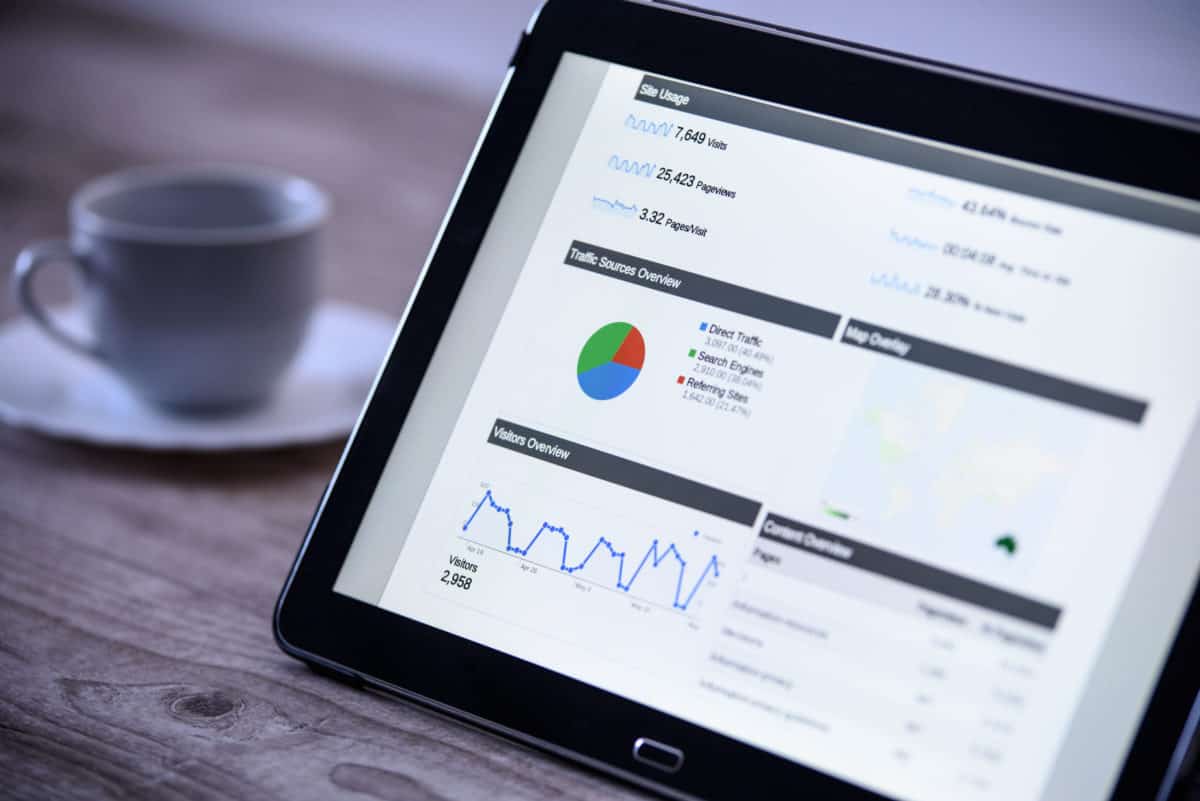
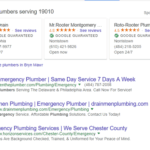
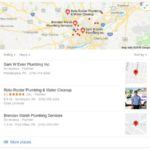




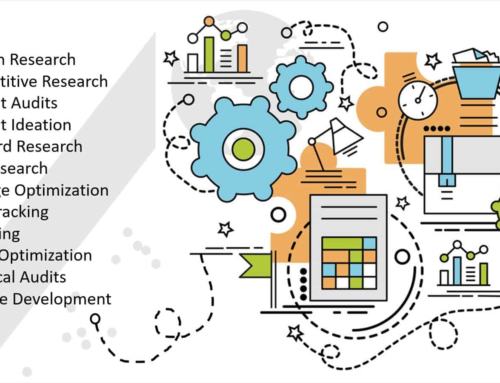
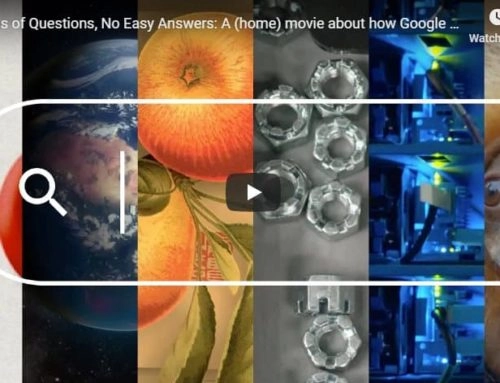
Leave A Comment